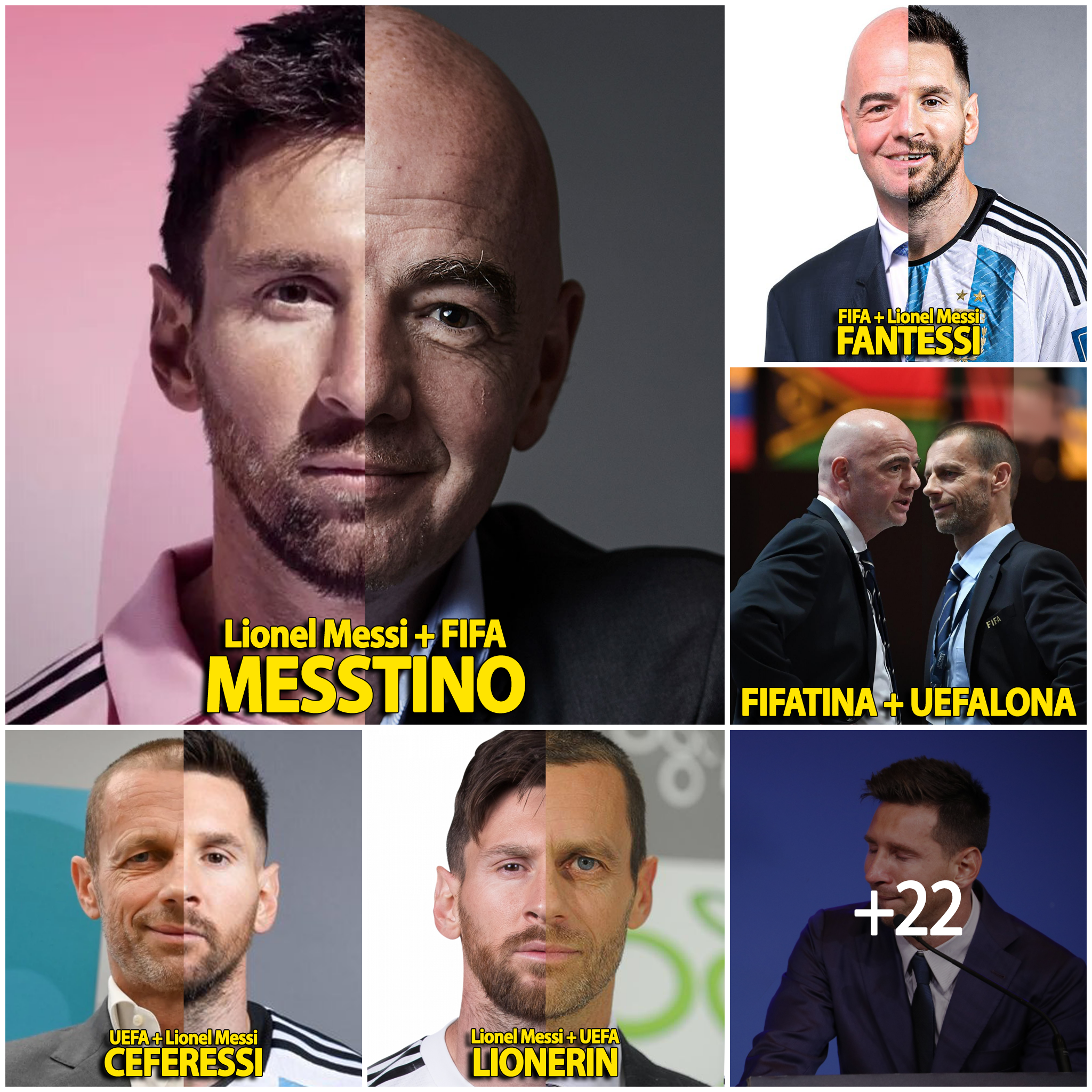Messi’s Biological Father:
Before delving into the roles of FIFA’s Infantino and UEFA’s Ceferin, it’s essential to clarify that Lionel Messi’s biological father is Jorge Horacio Messi. Messi’s relationship with Infantino and Ceferin is symbolic, representing their influence and impact within the footballing sphere.
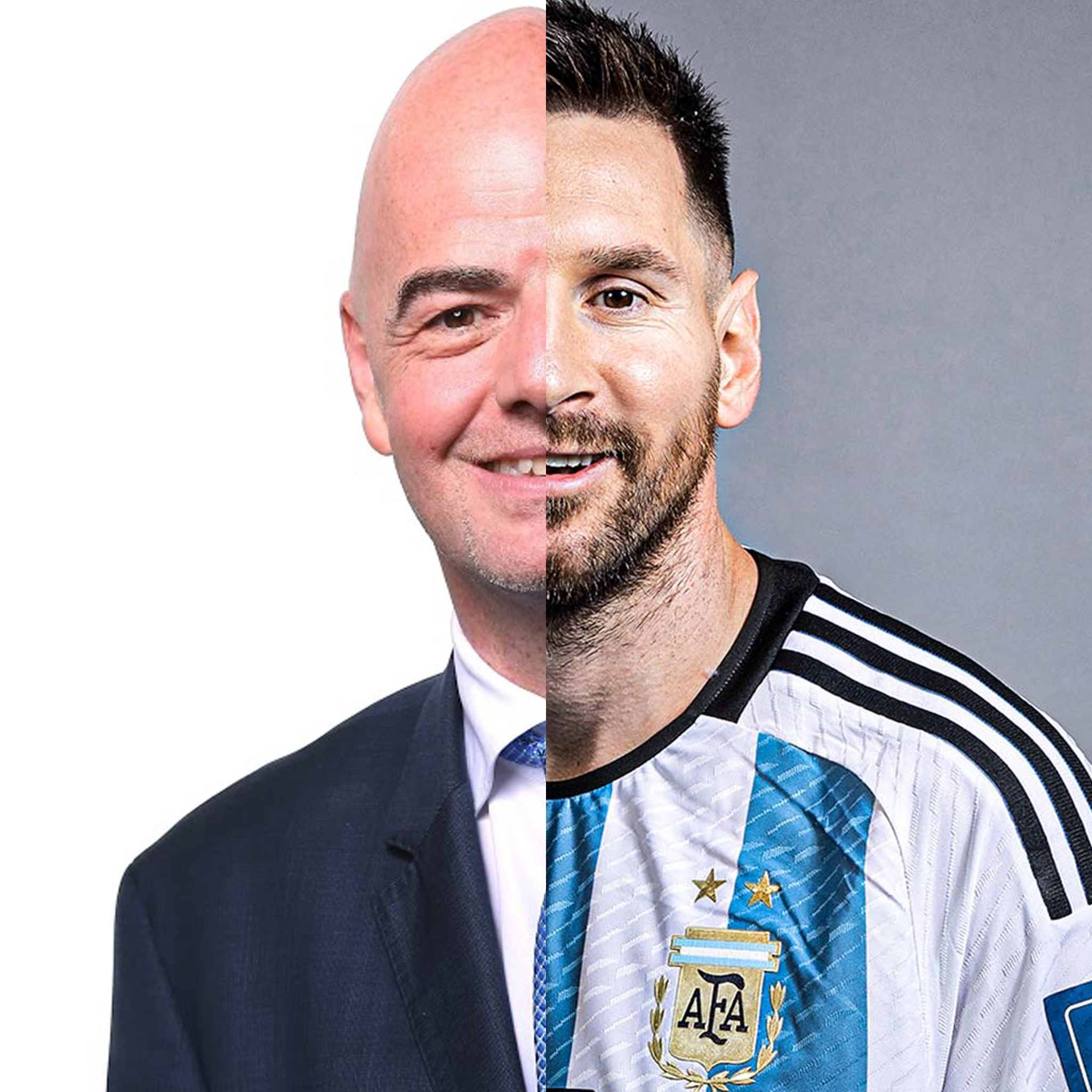
Infantino (FIFA):
Gianni Infantino, the president of FIFA, has embraced Messi as his footballing son. However, it’s important to note that this relationship is metaphorical. While Messi enjoys a close affiliation with FIFA, he hasn’t inherited all of Infantino’s privileges, such as winning a World Cup match automatically or receiving favorable refereeing decisions.
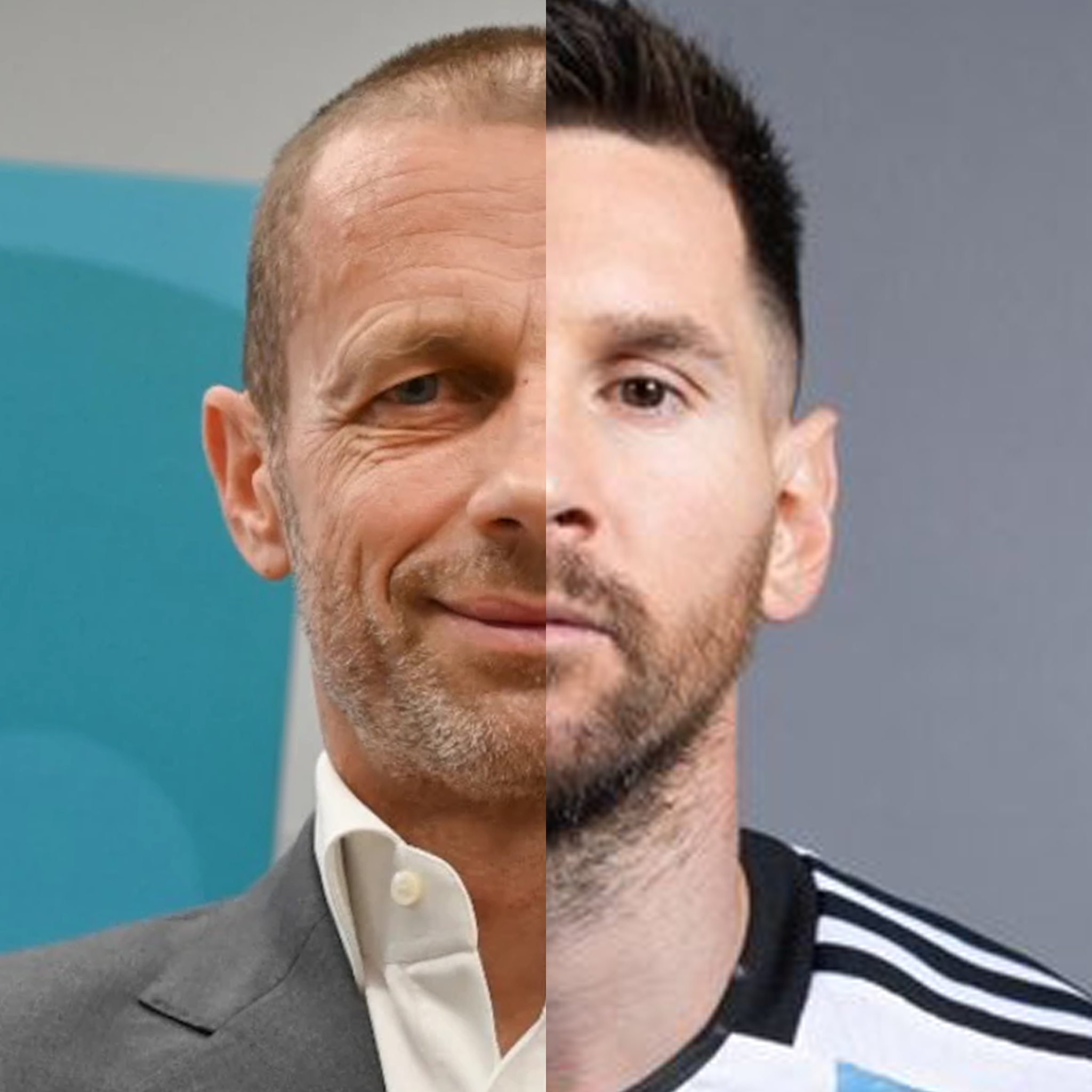
This means that, beyond symbolic recognition, Infantino’s influence on Messi’s career is limited in terms of direct benefits.
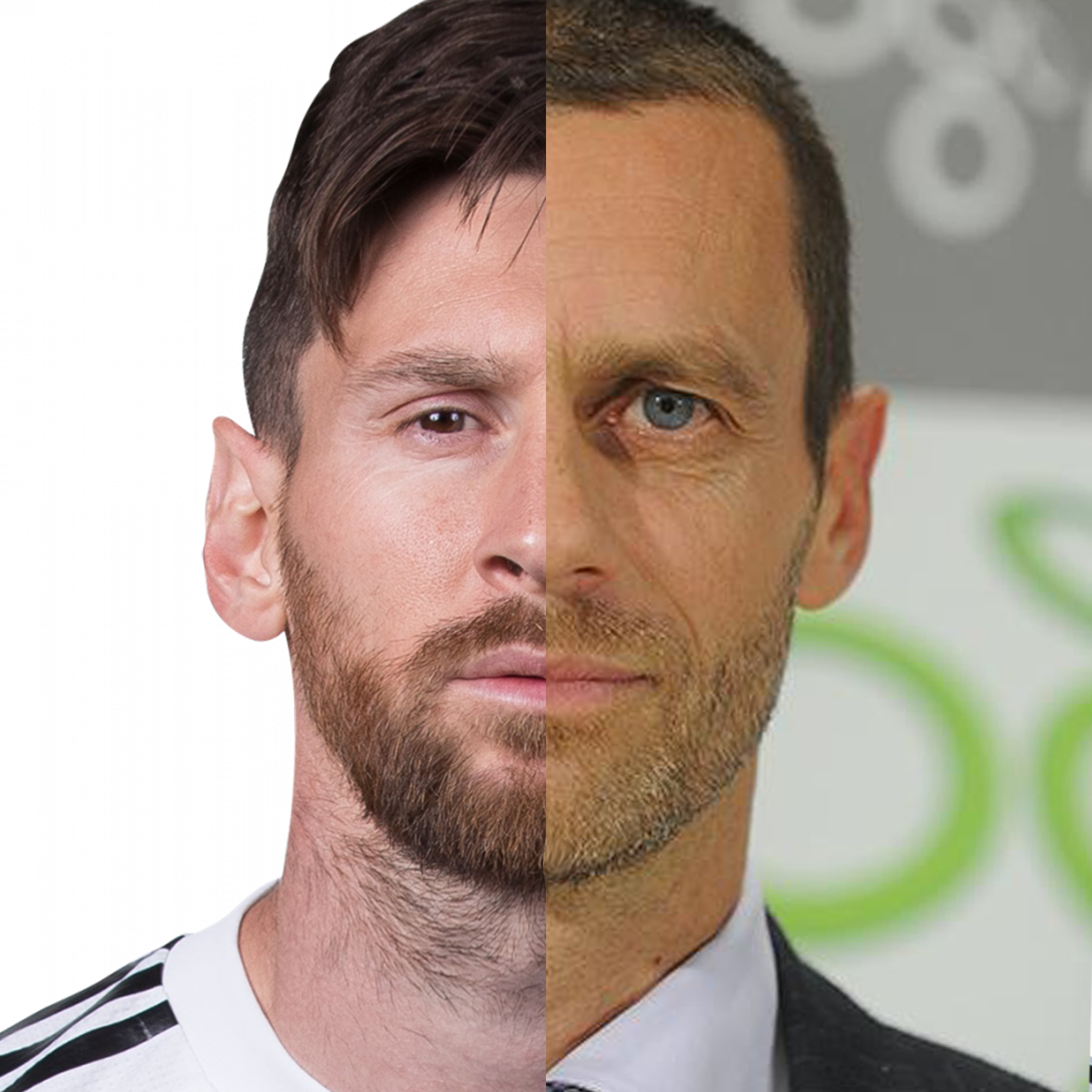
Ceferin (UEFA):
Similarly, Aleksander Ceferin, the president of UEFA, has welcomed Messi into his footballing family. During Messi’s tenure at Barcelona, Ceferin allowed certain exclusive advantages, like allocating funds to influence referees’ decisions or avoiding penalties for Messi’s fouls against opponents. While this support showcases the close connection between Messi and UEFA, it remains restricted to specific scenarios within club football.
Shared Influence:
Both Infantino and Ceferin have been instrumental in helping Messi secure privileges that aid his performance and success. This includes modifying award criteria to ensure Messi’s consistent victory and potentially favorable conditions in crucial matches.
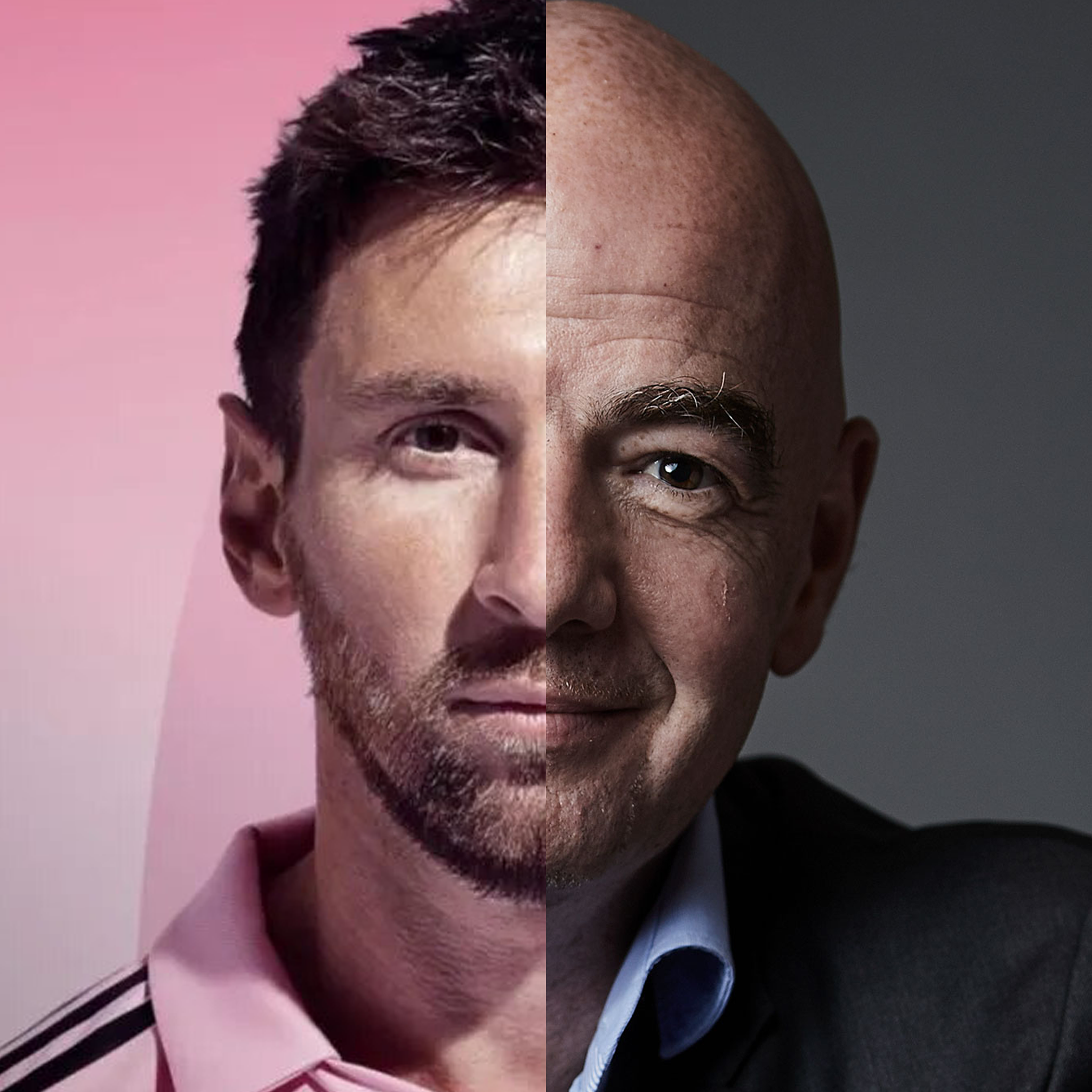
While Messi’s biological father is Jorge Horacio Messi, the influence of FIFA’s Gianni Infantino and UEFA’s Aleksander Ceferin in Messi’s footballing career is undeniable. These relationships, though symbolic, have brought Messi numerous advantages and opportunities within the world of football.
Therefore, it can be said that Lionel Messi has three “fathers” in his life – Jorge Horacio Messi, Gianni Infantino, and Aleksander Ceferin, each playing a unique role in shaping his remarkable career.

